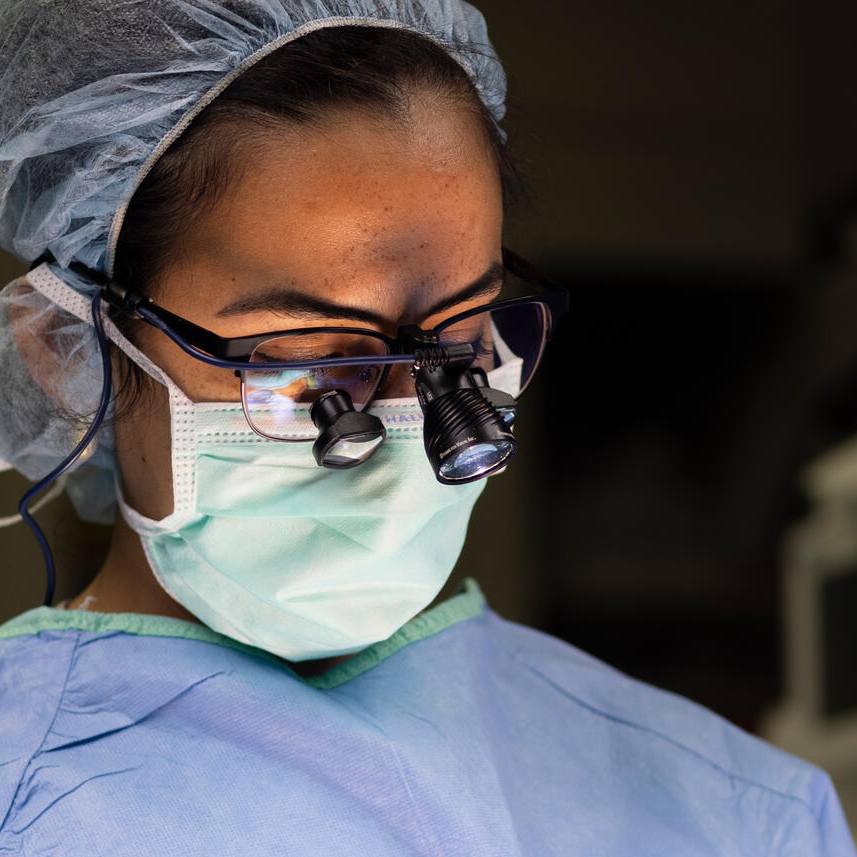-
Mayo Rheumatologist Dr. Timothy Niewold Recognized for Achievements in Lupus Research
 Mayo Clinic rheumatologist Dr. Timothy Niewold has received the Lupus Foundation of America’s Mary Betty Stevens Young Investigator Prize for his research on the autoimmune disease lupus.
Mayo Clinic rheumatologist Dr. Timothy Niewold has received the Lupus Foundation of America’s Mary Betty Stevens Young Investigator Prize for his research on the autoimmune disease lupus.
Dr. Niewold accepted his award Nov. 8 at a reception held by the foundation to coincide with the American College of Rheumatology's annual scientific meeting in San Francisco.
Dr. Niewold’s research “is helping us better understand the causes of lupus and its complications, getting us closer to new and improved ways to treat lupus and the organ damage it creates," says Dr. Gary Gilkeson, professor of medicine/microbiology and immunology at the Medical University of South Carolina and the chair the Lupus Foundation of America's Medical-Scientific Advisory Council.
Dr. Niewold is also an associate professor of medicine at the Mayo Clinic College of Medicine in Rochester, Minn. His research focuses on the role of genetics and immune system signaling molecules in the development and progression of lupus and his insights are important to the development of personalized therapies for people with lupus.
The Mary Betty Stevens Young Investigator Prize is presented to recognize exceptional achievements by an investigator in the early part of his or her lupus research career. The award was named after the late Dr. Mary Betty Stevens, who was chair of the rheumatology division at the Johns Hopkins University Medical Center. She was the first woman to occupy a division chair at that institution. She also was the director of rheumatology at Good Samaritan Hospital in Baltimore. Dr. Stevens developed the Hopkins-Good Samaritan Rheumatic Disease Unit, which became renowned for clinical research on lupus and vasculitis.
For additional information about the award and the Lupus Foundation of America's research initiative, please visit lupus.org/research.







